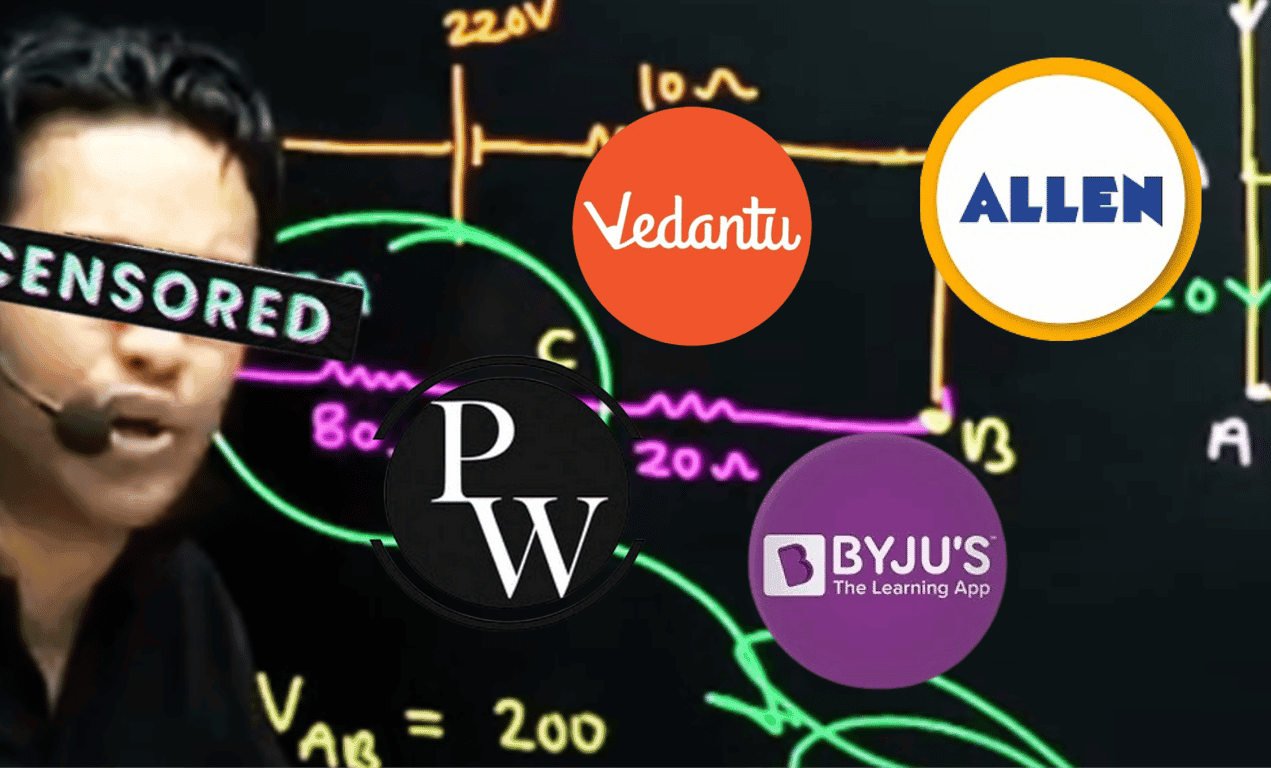
Many of us are familiar with artificial intelligence in today's world, often encountering it in the form of smart assistants, recommendation systems, or automated customer service. However, while we may recognize it by its applications, few truly understand the depth of what artificial intelligence means and how it shapes our daily lives in more ways than we realize.
To gain a better understanding, I decided to ask ChatGPT itself, and this is what it had to say: "Artificial Intelligence (AI) refers to machines simulating human intelligence to perform tasks like speech recognition, decision making, and problem solving." In other words, AI isn't just about complex algorithms or futuristic robots; it’s about creating systems capable of processing information, making judgments, and even adapting to new situations, much like the human mind. But as ChatGPT also pointed out, "AI's rapid development raises ethical concerns about job displacement, privacy, and algorithmic bias." As technology advances, these issues become more pressing, calling for thoughtful consideration and balanced approaches to ensure that AI is developed and used responsibly.
In this post from Jaagrukta, we aim to dig deeper into the world of artificial intelligence, exploring both its promises and challenges. Like two sides of a coin, AI presents us with both incredible opportunities for advancement and complex ethical questions to address. Through this discussion, we hope to foster a better understanding and awareness of the role AI plays in shaping our future.
The way AI works is relatively simple for most of us, even though it may seem more complex to individuals deeply embedded in its creation, like Sam Altman or the innovators at NVIDIA. To us, AI exists to make our lives easier by simplifying our workload, allowing us to focus on what truly matters rather than being bogged down by repetitive, mind numbing tasks. It acts as an efficient tool for streamlining day to day operations, enhancing productivity, and granting us the freedom to tackle more meaningful pursuits. But AI's benefits go beyond just helping the average person; it has the potential to assist highly skilled professionals, such as neurosurgeons, in performing intricate procedures like Deep Brain Surgery and providing specialized consultations.
An example of AI's integration into the medical field can be seen in Hong Kong, where the Chinese Academy of Sciences introduced an AI powered chatbot specifically designed to support brain surgeons. This technology offers a wealth of knowledge and real time support, representing a leap forward in how medical expertise can be delivered. However, a critical question arises: "What if it fails?" In such a case, ambiguity surrounds the issue of responsibility. Who would be held accountable for an error—the AI chatbot or the surgeons themselves? If someone suggests that the doctors should have double checked the chatbot's guidance, it raises an ironic contradiction: wouldn't this undermine the purpose of having an AI chatbot in the first place? It could even slow down the procedure, stripping away the very efficiency AI aims to provide.
This leads us to the uncertain, often uncomfortable, gray areas of AI that many of us would prefer to avoid. Yet, the implications are significant enough that they demand exploration, and so we delve into these complexities.
Let's begin by addressing the common concerns surrounding AI—one of the biggest being its impact on employment. AI, like many forms of technological advancement, tends to reduce certain types of jobs by automating repetitive tasks. However, if we look back over the past few decades, every 20 years or so we witness significant technological advancements that disrupt the workforce. This shift, while difficult in the short term, often proves beneficial in the long run. Take, for example, the transformation brought about by new technology in the manufacturing sector. What initially displaced many manual jobs eventually led to increased productivity and the emergence of new, higher skilled roles.
Moreover, AI not only automates tasks but also stimulates the creation of entirely new industries, such as robotics, which has revolutionized manufacturing with enhanced precision and efficiency. By enabling operations with pinpoint accuracy, robotics has transformed sectors from automotive to healthcare, leading to safer surgeries and more efficient production lines. Through these advancements, AI has demonstrated its ability to improve not only the quantity but also the quality of work. However, the very nature of AI's design introduces new challenges.
One of these challenges is algorithmic bias. AI's decisions rely on the data it has been trained on, thanks to machine learning and deep neural networks, and this can create troubling consequences. Unlike human beings, AI lacks emotional intelligence, empathy, cultural understanding, and an awareness of circumstances—all of which are often critical for sound judgment. For example, in sectors like banking or education, where decisions impact people's futures, algorithmic bias can lead to unfair results. Imagine an AI system handling loan approvals or college admissions; it might make decisions based solely on patterns in historical data, which may contain inherent biases. This makes us question whether the judgment of an AI—devoid of human nuance—is truly fair or accurate, especially when dealing with individuals’ unique backgrounds and circumstances.
AI’s limitations in understanding the subtleties of human experience present risks that cannot be ignored. While we acknowledge the transformative power of AI, we must also be vigilant about its potential for unintended consequences, particularly in areas that directly impact people's lives.
What do you think? Should artificial intelligence be actively integrated into our society and professional lives, or should we proceed with caution, considering the risks and ethical concerns? Leave your thoughts in the comment section below! Whether it's an interesting new fact, a thought provoking question, or a fresh perspective, every comment adds to the conversation and helps make others more jaagruk, more aware of the impact AI is having and could have on our world.
Let’s keep the conversation going! By sharing your insights, you'll be helping others gain a better understanding of both the promises and challenges of artificial intelligence. So, let’s get jaagruk together and empower one another to approach this rapidly changing technology with knowledge, awareness, and responsibility.
Written by Udhav Kumar


